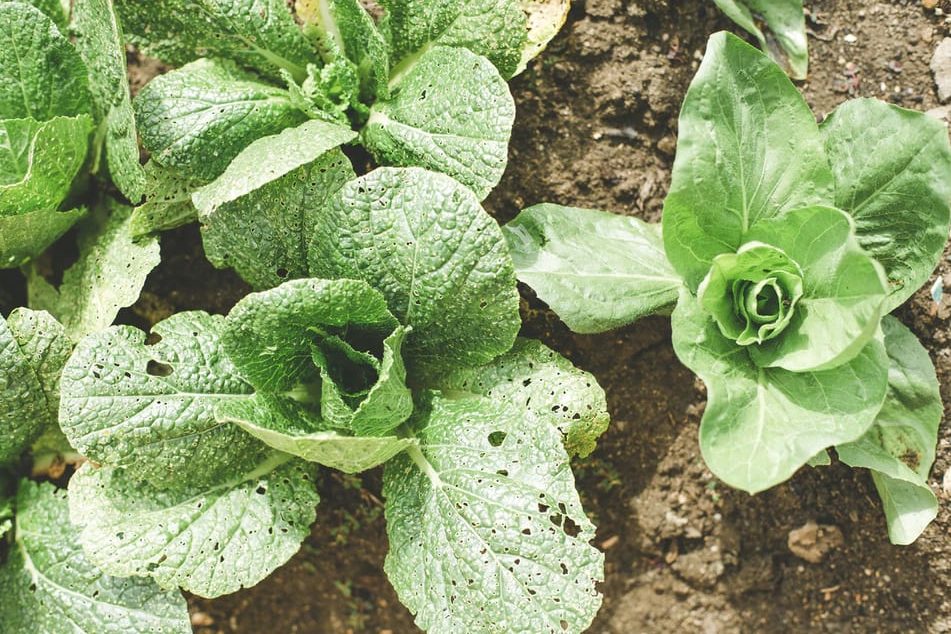If you want the healthiest plants, then you need to have healthy soil before planting anything. For this reason, organic gardening is all the rage these days because it’s about so much more than just being green. I
t’s also about making sure that there are no pesticides or herbicides in your food supply. That means that you’re not only nourishing your plants but also yourself!
So, if you want to do right by yourself and all of those around you, here are some steps for starting an organic garden from scratch.
What is organic gardening and why should you do it
Organic gardening is the best way to keep your garden healthy and happy without resorting to chemicals and pesticides.
These things can pose a danger to you, your family and the environment in which you live.
This article should help give you some tips on how to make organic gardening work for you.
How to start an organic garden
Start by choosing a sunny spot in your yard or garden for your organic garden. If you don’t have a yard or garden, you can grow plants in pots on a balcony or patio.
Next, you’ll need to pick out some plants to grow. You can find a variety of organic plants at your local nursery or garden center.
Once you’ve chosen your plants, it’s time to get started! Here are a few tips for starting an organic garden:
- Loosen the soil before planting your seeds or transplants. Use a shovel, hoe, or rake to loosen the soil several inches down.
- Add some organic matter to the soil before planting. You can add compost, manure, or other organic matter to the soil in your garden.
- Don’t worry about buying these products if you don’t have them—you can make your own compost from yard debris!
- Plant your seeds. For most plants, you’ll need to wait for a few weeks before they germinate and begin growing.
- Water the plants. Be sure to water your plants several times a day (or more) until they’re established.
- Weed your garden often. Keep the area around the plants free of weeds by mulching with hay or straw, hand-pulling weeds, or using organic herbicides.
What plants work well in an organic garden
When it comes to gardening, there are a lot of different ways to go about it. One popular method is organic gardening, which focuses on using natural methods and materials to care for plants.
This can be a great way to garden if you’re looking for an environmentally-friendly option, or if you’re trying to avoid using chemicals in your garden.
There are a lot of plants that work well in an organic garden. Some good choices include herbs, vegetables, and fruits.
You can also grow flowers in an organic garden, although you’ll need to take care not to use any chemical fertilizers or pesticides.
One key thing to remember when organic gardening is that it takes time and patience. It may take a little longer
Organic gardening is a great way to garden without using pesticides or other harmful chemicals.
It can be a little more difficult to garden organically, as you need to be more selective about the plants you choose, but there are many plants that do well in an organic garden.
Some of the best plants for organic gardening include tomatoes, peppers, lettuce, herbs, and strawberries. These plants are all relatively easy to grow and thrive in an organic garden.
They also produce delicious fruits and vegetables that you can enjoy!
Frequently Asked Questions About Organic Gardening
- How to care for your organic garden
- Tips for harvesting your organic produce
- Recipes using fresh, organic ingredients from your own garden
- What are the benefits of organic gardening
- How do you know if a plant is organic or not
- The importance of composting
- Tips for starting an organic garden in your backyard/home
- Resources on how to start an organic garden

